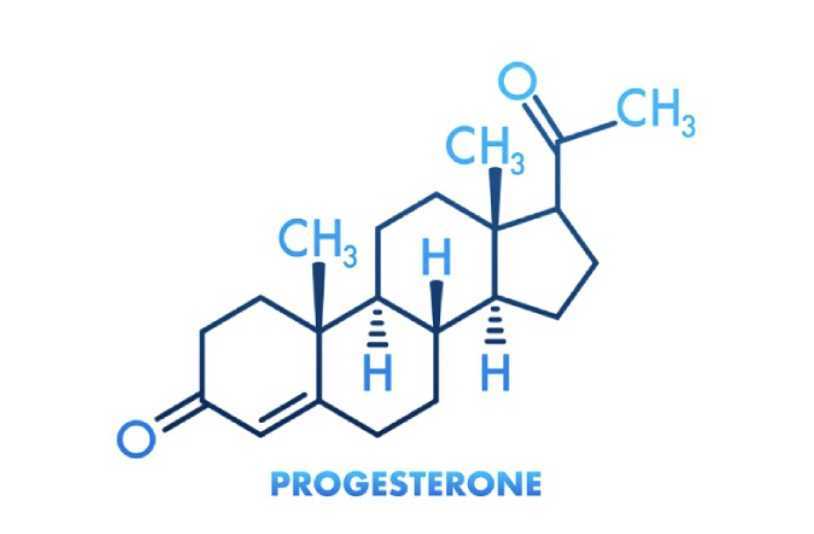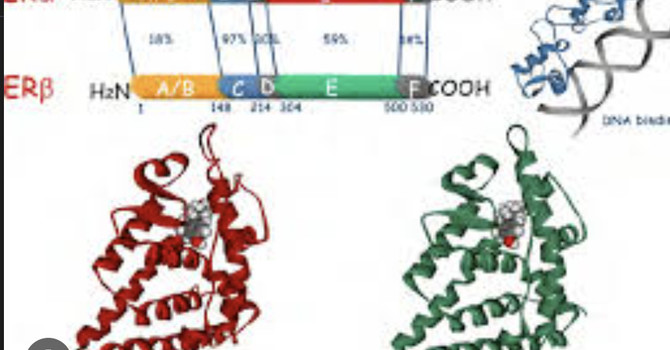
As you journey through the transformative phase of perimenopause and into menopause, understanding the nuances of Hormone Replacement Therapy (HRT) can be a beacon of light during a time of change. While estrogen often takes center stage in discussions about HRT, the role of progesterone—especially for those of us without a uterus—is equally pivotal, not just for uterine health but for our overall well-being and mood stability.
Progesterone: Your Natural Ally for Balance and Calm
Think of progesterone as nature's own tranquility hormone, akin to a natural Valium. It's not just about protecting the uterus; progesterone plays a crucial role in balancing our moods. Its calming effect is a godsend for many of us navigating the emotional rollercoaster that can accompany perimenopause and menopause. By interacting with the brain's GABA receptors, progesterone helps soothe anxiety and promote a sense of calm, making it an indispensable part of HRT.
Beyond the Women’s Health Initiative: A New Understanding
The Women’s Health Initiative once cast a shadow over HRT with its broad-brush findings on estrogen and synthetic progestins. Thankfully, further analysis has shed light on the distinct benefits of bioidentical progesterone. Unlike synthetic progestins, which were shown to have some adverse effects, natural progesterone has emerged as a key player in enhancing mood and overall health, without the risks associated with its synthetic counterparts.
The Downside of Synthetic Progestins
It's crucial to distinguish between synthetic progestins and bioidentical progesterone. Synthetic versions, like medroxyprogesterone acetate (MPA), can interfere with the body's natural progesterone, potentially leading to mood disturbances and even depression. This is particularly concerning given the findings of a large Danish study linking hormonal contraceptives (which often contain synthetic progestins) to an increased risk of suicide attempts, especially in younger women.
Embracing Bioidentical Hormone Replacement Therapy (B-HRT)
Bioidentical HRT offers a more natural approach, using hormones that are identical to those our bodies produce. This means that bioidentical progesterone works in harmony with our system, supporting mood regulation and providing a sense of calm without the drawbacks of synthetic alternatives. Women who have made the switch often report feeling more balanced, less irritable, and generally more at peace.
Understanding the Science
The difference between synthetic progestins and natural progesterone isn't just a matter of semantics; it's about how these hormones interact with our bodies on a molecular level. Synthetic progestins can be more hydrophilic, meaning they attract water, which can lead to bloating and discomfort. Natural progesterone, on the other hand, is more in tune with our body's needs, offering relief without the side effects.
For those seeking a deeper dive into the science behind hormones and mood, the research conducted by Phyllis Bronson at the Biochemical Research Foundation and D. M. Smith from the University of Denver provides compelling insights. Their work highlights the profound impact of bioidentical progesterone on women's health and well-being. You can explore their findings in more detail here.
Your Journey, Your Health
As you navigate the complexities of perimenopause and menopause, remember that you have options. The choice between synthetic hormones and bioidentical progesterone is more than just a medical decision; it's about choosing a path that aligns with your body's natural rhythms and your desire for a balanced, fulfilling life. Embracing bioidentical progesterone as part of your HRT can be a game-changer, offering not just protection but a profound sense of well-being and calm during this transformative time.
Dr. Anat Sapan MD specializes in menopause care offering telemedicine services in California, Florida and Illinois. Her approach combines personalized BHRT with lifestyle strategies to help women overcome menopausal symptoms and enhance their quality of life.

Anat Sapan, MD
Contact Me



